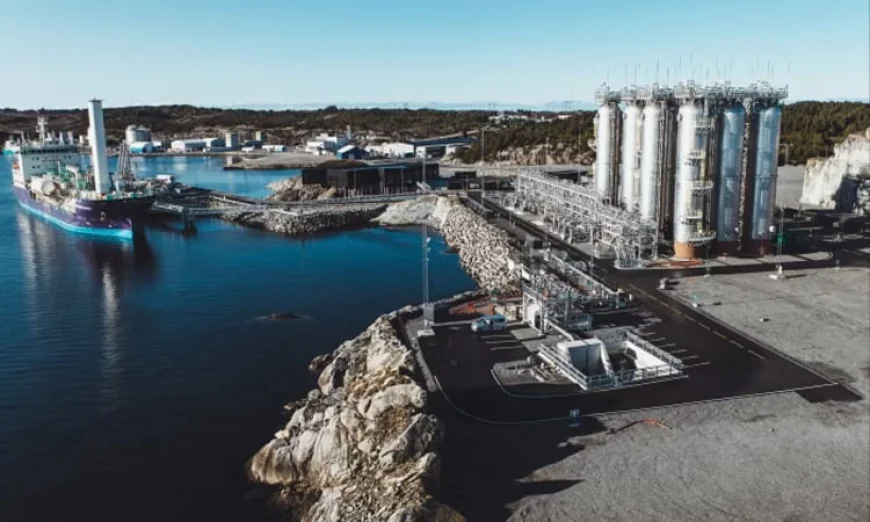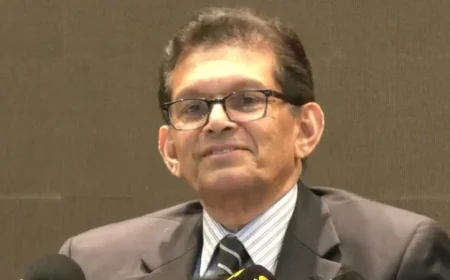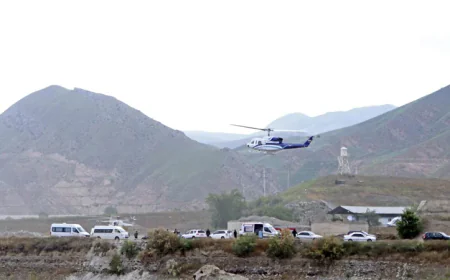Norway Unveils Landmark Carbon Capture & Storage Initiative

Norway launched Tuesday a flagship carbon capture and storage (CCS) project, a technology seen as crucial to curbing climate change but which is struggling to find a viable economic model. Bearing the English name for the Vikings' wooden ships, the Longship project involves capturing carbon dioxide emitted from a cement plant, and later from an incineration plant. The CO2 will be transported by ship to a terminal on Norway's west coast, and then injected beneath the seabed for storage. The project has received significant financial support from the Norwegian state, which will cover 22 billion kroner ($2.2 billion) of the total estimated cost of 34 billion kroner for the installation and operation over the first 10 years. Norway has presented Longship as the "world's first full-scale value chain" for capture and storage of carbon, one of the greenhouse gases that cause climate change. "This is not just an important moment for Norway, it is a breakthrough for carbon capture and storage in Europe," Norwegian Energy Minister Terje Aasland said.
For the capture component, the facility will be officially inaugurated Wednesday at a cement plant operated by Germany's Heidelberg Materials in Brevik, southeastern Norway. It will prevent 400,000 tonnes of CO2 from escaping into the atmosphere each year. Another part of the project, the Hafslund Celsio waste incineration plant near Oslo, is also expected to capture 350,000 tonnes of CO2 a year starting in 2029. The liquefied carbon dioxide will be transported by ship to the Oygarden terminal near Bergen, where it will be injected into a pipeline to be stored 110 kilometres (68 miles) offshore in a saline aquifer 2.6 kilometres below the seabed. The terminal has been in place since last year as part of the Northern Lights project, led by oil giants Equinor, Shell and TotalEnergies, which claims to be "the world's first commercial CO2 transport and storage service". Also on Tuesday, Switzerland's government, known as the Federal Council, announced that it had signed an agreement with Norway on "carbon storage".
Swiss Environment Minister Albert Rosti, who visited the Northern Lights project this week, said in a council statement that "carbon storage will be crucial for Switzerland on its path to net zero". "The agreement will allow Swiss CO2 to be stored in Norway and also enable both countries to trade negative emissions in a state-recognised framework," the council said. Swiss Environment Minister Albert Rosti, who recently visited the Northern Lights project, said "carbon storage will be crucial for Switzerland on its path to net zero". CCS technology is cited by the UN's Intergovernmental Panel on Climate Change (IPCC) as a way of reducing the carbon footprint of industries hard to decarbonise, but it remains complex and expensive. Without financial assistance, it is currently more profitable for industries to purchase "pollution permits" on the European carbon market than to pay for capturing, transporting and storing their CO2. The total global carbon capture capacity currently amounts to only about 50 million tonnes, according to the International Energy Agency, equivalent to just 0.1 percent of global annual emissions.
















































